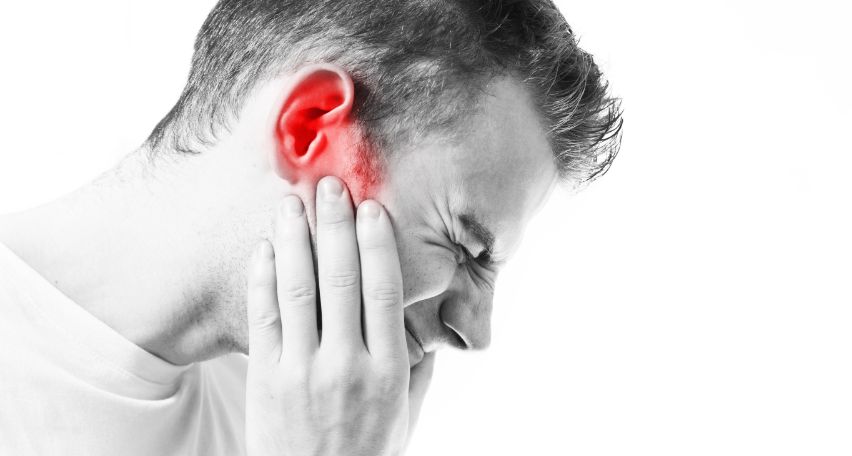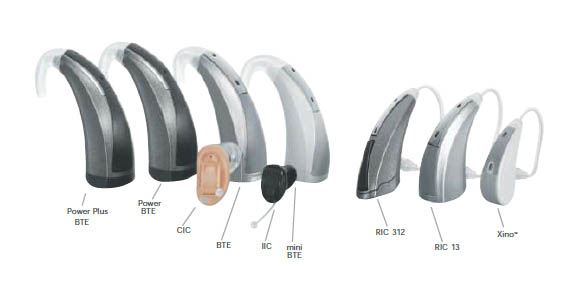Improving hearing, body imbalance after traumatic brain injury (TBI)
Auditory perception or hearing is the ability to detect or perceive sounds through the ears. Hearing, thus keeps us connected to what happens around us. However, a traumatic injury to the brain will not only affect the ability to hear but also body balance. Memory loss, confusion and headaches are some of the other problems.
Inner ear
Depending on the severity of the injury, delicate bones of the inner ear can be dislodged or the eardrum can be ruptured. This in turn will affect the way the brain processes sound. Some head injury patients might become extremely sensitive to sound.
When the inner ear is affected, it disrupts the vestibular system (made up of tiny fluid-filled canals). It is this system that sends messages to the brain about the position of the head and its movement. Therefore, when the vestibular system is affected, the patient experiences dizziness and spatial disorientation. It becomes difficult for the patient to find a firm footing on the ground or judge distances. He/she feels that the surroundings are in constant motion.
Kind of loss
Fear not. Most of the above-mentioned symptoms may not be permanent. They resolve on their own, as the auditory processing system recovers over a period of time, depending on the severity of the brain injury. A corrective surgery will be needed if the head injury has caused a bone fracture or displacement.
Unfortunately if the injury has damaged the cochlea, the condition is irreparable. Thankfully, this is a rare situation.
There is another condition that can arise due to a head injury. Called tinnitus, this condition makes you hear a buzzing or hissing or roaring sensation in the ears.
All these symptoms need not arise immediately after a traumatic brain injury (TBI). It might take weeks or even months for the symptoms to show up. On many occasions, the patient himself forgets the incident and the doctor will face difficulty in connecting the cause and symptom. Even if you do not experience any symptoms after a blow to your head, never underestimate the injury. Seek immediate medical help as soon as possible to avoid complications later on in life.
Diagnosis
A brain injury is very traumatic and if it is followed by hearing problems, it causes a lot of frustration. Imaging tests are a must to treat this injury. A CT or MRI scan will reveal any bleeding in the brain or a displaced bone in the ear. An evaluation by an audiologist is a must if changes in hearing or equilibrium are observed. The audiologist will take a complete hearing test and only this can determine the kind of treatment needed by the patient.
After a detailed physical examination to detect fractures, the audiologist conducts various kinds of tests to assess the hearing loss.
In the Whisper Test, he sees how well you respond to words at different volumes. To assess any serious damage to your ears a Tuning Fork test is conducted. The Audiometer Test assesses your hearing thoroughly. Once all these are done, treatment is begun.
Treatment
We need a combination of medical and rehabilitative approaches to improve hearing after a TBI.
Surgical procedures may be essential to remove bone growth to repair the eardrum. Auditory discrimination training helps to activate the brain’s neuroplasticity to learn to process sounds again.
Cochlear implants directly stimulate the auditory nerves.
The audiologist can suggest assistive devices like a frequency-modulated system or a hardwired system. These devices will increase the volume of the speaker’s voice and will not allow the background to interfere with hearing.
For better communications, audiologists will also suggest using a Hearing Aid. In addition to amplifying sounds, the Hearing Aid helps the individuals to be independent (better communications), access information and resources. The Hearing Aid thus helps to improve the overall quality of life (social interactions and daily activities) of the person with the hearing loss.
In order to help the affected loved one to connect well we can turn down background noises or move closer to the person while communicating.
Prevention
More than rehabilitation and treatment, prevention is the best way out.
- Be sure to wear a helmet while participating in hazardous activities or sports like horseback riding or skating
- Never forget to wear your seat belt in a car
- Lay anti skid tiles in the bathroom and be careful while entering or exiting the bathtub
Prevention is always the best way to avoid hearing loss and balance problems that will follow a traumatic brain or head injury.




